Non-profit combats litter in the Potomac River watershed
On field studies and in the office, the Alice Ferguson Foundation is trash-free.
At the Alice Ferguson Foundation, an object as small as a piece of Styrofoam poses a big problem. Because whether it can be held in a volunteer’s hand or just fits into the bed of a truck, litter is at the center of the non-profit organization’s work.
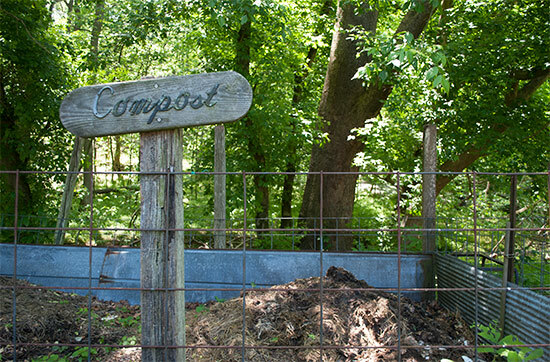
Founded in 1954, the Alice Ferguson Foundation has an office in Washington, D.C., and an historic farmhouse-turned-workspace in southern Maryland. Whether it is through teacher trainings, field studies or volunteer clean-ups, the organization works to promote the sustainability of the Potomac River watershed. And one of the biggest issues facing the Potomac River is trash.
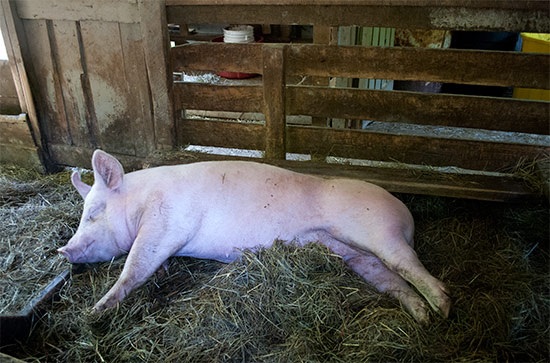
Most of what the Alice Ferguson Foundation does touches on litter: its danger is discussed with students on field studies; programs, events and meetings are often trash-free; and the office culture is one of low- to no-waste. You won’t find disposable plates or cups in the kitchen, and cloth napkins are washed, dried and reused on-site. Food waste is given to the pigs on Hard Bargain Farm, and bathrooms are equipped with hand-dryers. Clara Elias, Program Manager for the Trash Free Potomac Watershed Initiative, puts it simply: “We’re committed to reducing trash.”
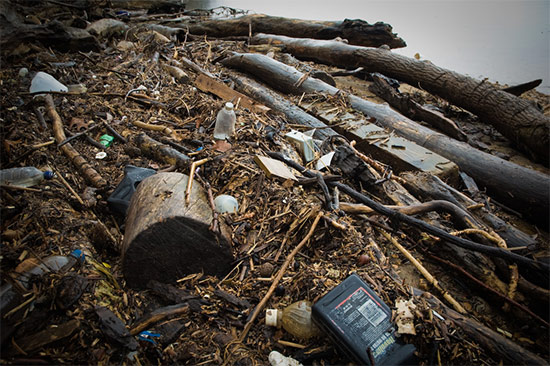
Image courtesy kryn13/Flickr
In the Potomac River watershed, there are two kinds of trash. First, Elias explained, there is the new litter that is generated on a regular basis, like the plastic bags, cigarette butts and beverage bottles found on streets and sidewalks. Second, there is the legacy litter left behind long ago at a particular site, like a pile of old tires sitting on the edge of a parking lot. Across the watershed, trash is both an urban and rural issue, although it differs between regions. While bottles and cans often float down the river from urban centers, rural areas that are without strong recycling programs face issues with illegal dumping of appliances, cars and even deer carcasses.
Over the 26 years that the Alice Ferguson Foundation has hosted the Potomac River Watershed Clean Up, the trash in the Potomac has changed. Volunteers used to pick up a lot of plastic bags, but after bag fees were passed in the District of Columbia, plastic bags in District waters dropped 50 percent. Similar legislation passed in Montgomery County caused this number to drop 70 percent. There was a change, too, in the plastic bags themselves, as volunteers now find more pet waste and newspaper bags than the shopping bags that carry the five-cent fee. Even so, Elias noted that at least half of the trash picked up along the Potomac is recyclable, which indicates more must be done to slow the flow of pollution into our rivers and streams.
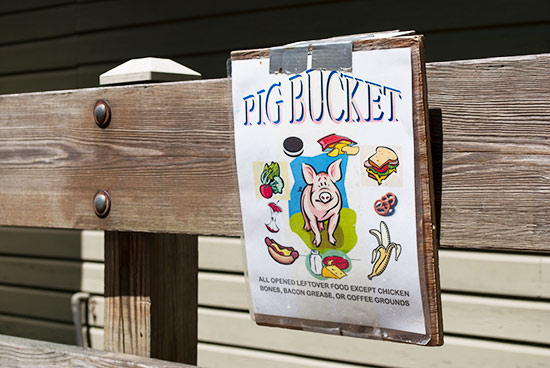
“In American culture, we’re so used to having so many disposable things. We’re not taught how much energy it takes to dispose of [all of] it,” Elias said. So the Alice Ferguson Foundation teaches people just that.
On a Bridging the Watershed field study, students play a game of Trash Tag and learn about street sweepers, trash traps and other litter-reducing best management practices. On the Hard Bargain Farm, students sprinkle a shower curtain with food coloring, sand and pieces of paper. When the curtain gets wet, the pretend fertilizer, sediment and trash are washed downstream. And before their visit to the site, students are given a guide to packing a trash-free lunch. After their meal, students weigh the paper napkins, straw wrappers and other leftover trash and compete with other school groups to produce the least amount.
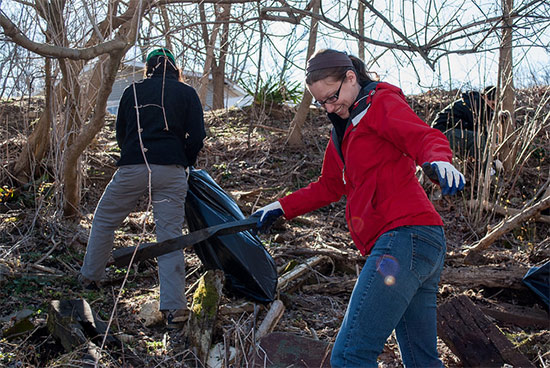
In addition to its field studies, the Alice Ferguson Foundation has also had success with its Trash Free Schools initiative, which helps students teach their peers, lead their own cleanups and change their school’s culture to produce less waste.
Trash is “tangible and physical, unlike energy or [stormwater] runoff, which are things you can’t see or touch or smell,” Elias said. “It builds momentum among students. Trash is a great issue for students to learn about.”

Comments
There are no comments.
Thank you!
Your comment has been received. Before it can be published, the comment will be reviewed by our team to ensure it adheres with our rules of engagement.
Back to recent stories